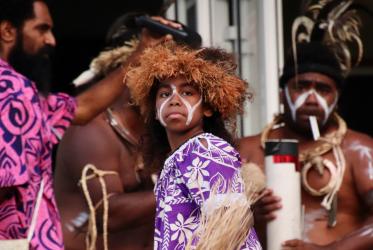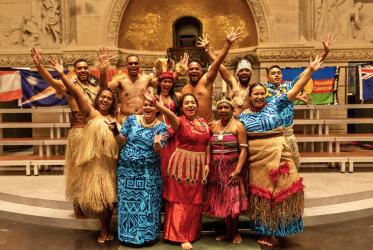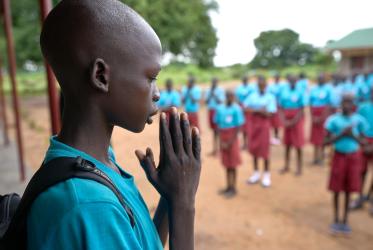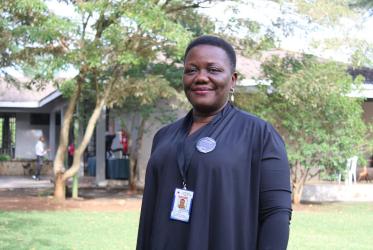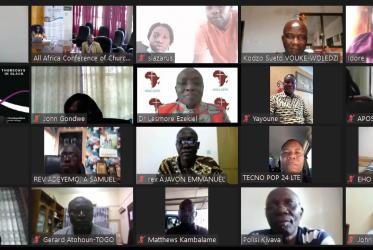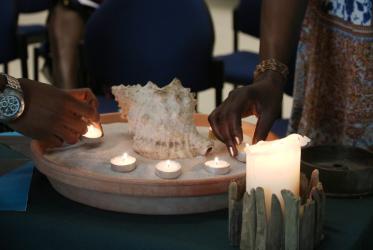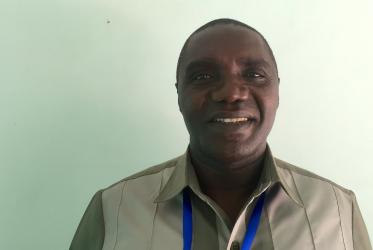Displaying 1 - 20 of 82
04 April 2024
Pacific Conference of Churches prepares for 12th General Assembly
15 November 2023
WCC welcomes visit from global Christian leaders to South Sudan
01 February 2023
WCC extends prayers for Tonga in wake of volcanic eruption
17 January 2022
Calls grow globally for peace and accountability in South Sudan
24 September 2021
COVID-19 in conflict zones: “a crisis within another crisis”
27 November 2020

